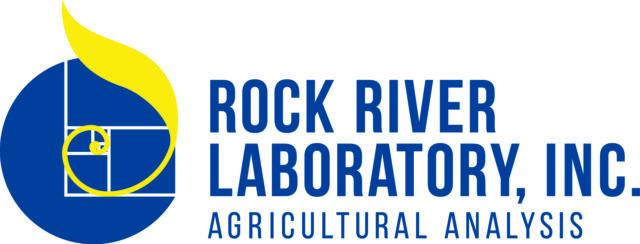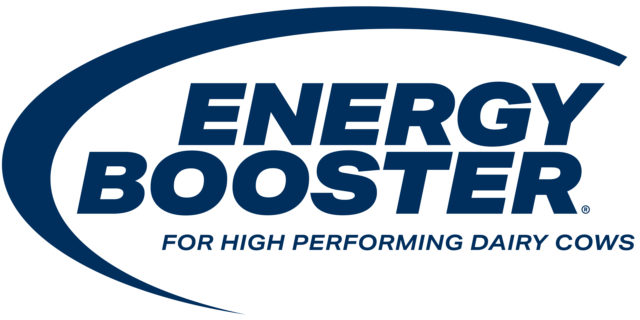Immigration reform will be among priority issues during the first 100 days of President-elect Donald Trump’s administration. However, most of the initial focus will be on border security and enforcement, and not developing pathways for U.S. dairy and other agricultural industries to access a reliable agricultural workforce.
That was the consensus of panelists participating in a recent webinar, "Who’s Going to Milk Our Cows?" co-hosted by the American Dairy Coalition (ADC) and Michael Best and Friedrich LLP, a Wisconsin-based law firm representing agricultural legal issues.
Immigration reform is a top policy priority of ADC, a lobbying organization representing about 30,000 members across the U.S., according to Laurie Fischer, the group’s president.
“Without a doubt, a number one concern among dairy producers is where they are going to find their future labor force,” Fischer said. “That concern has forced some producers to put any expansion plans on hold.”
Jeff Burton, a partner at Burton Kamins Advocacy and a former deputy of the National Republican Congressional Committee, said the first 100 days in office are typically among the most productive times for a new president. He outlined the Trump administration’s top three priorities during that period as: 1) repeal and replace Obamacare, 2) immigration reform and 3) corporate and personal tax reform.
On immigration reform, Trump “has already softened his stance from where he was during the campaign,” Burton said.
Despite that softening, border security will be the top priority, with walls, fencing and technology. Deportations will focus on illegal aliens convicted of crimes, and Trump will likely use executive orders to limit current immigration by halting refuge programs, Burton said.
Burton does not expect mass deportation of immigrants already working in agricultural industry. ”From a practical and policy standpoint, you should not be worried right now,” he told dairy producers participating in the webinar.
Farm Bureau: Adjust current programs
Beyond border security and enforcement, longer-term immigration reforms will likely come in piece-meal fashion, according to Kristi Boswell, director of congressional relations with the American Farm Bureau Federation (AFBF). In the short-term, AFBF will look for ways to work with the Trump administration on tweaking existing programs, instead of trying to get comprehensive reforms through Congress.
AFBF is a member of the Agriculture Workforce Coalition, a group that also includes the National Milk Producers Federation and Western United Dairyman. Boswell said the coalition is working on developing programs to provide stability in the future agricultural workforce, with primary focus on fixing the current the H2-A guestworker program.
State-based visa program
Earlier this year, the Cato Institute brought forth a unique reform proposal creating state-based worker visa programs that match legal immigrant workers with the labor needs of individual states, according to Immigration policy analyst Alex Nowrasteh. ADC has endorsed that program.
Read: Dairy Policy Review: State-based worker visa program endorsed by American Dairy Coalition
Chamber of Commerce: Reforms will take compromise
While the U.S. Chamber of Commerce primarily focuses on the labor needs of non-farm businesses, agriculture will be part of any effort the organization puts toward policy initiatives, according to Jon Baselice, director of immigration policy.
Despite campaign rhetoric, any movement on immigration reform will require political compromise, starting in the House of Representatives, Baselice said. Agreeing with other panelists, he said border security will be the primary effort of the Trump administration, and mandatory E-Verify will be main component of that.
Initially launched in 2009, E-Verify remains largely a volunteer program at the national level. The Internet-based system allows employers to submit information taken from a new hire's “I-9 Form” to the Social Security Administration and U.S. Citizenship and Immigration Services to determine whether the information matches government records.
Administered by the U.S. Department of Homeland Security, more than 20 states require E-Verify for at least some public and/or private employers. About 10 states require E-Verify for most public employers.
However, nationwide mandatory E-Verify has substantial opposition in Congress.
“Mandatory E-Verify is a ‘big ask,” and will require a ‘big give’ in other areas of immigration reform,” Baselice said. “That will likely require addressing the workforce needs of agriculture.”
Beyond 100-day priorities
Beyond the first 100 days, when and how the Trump administration and Congress deal with U.S. dairy and agriculture workforce needs remains an unknown.
”We don’t know what we don’t know right now,” Baselice said. “At this point it’s too early and mere speculation.”
“In my opinion, you’re not going to see the Trump administration putting forward anything outside of the enforcement context early on as a priority,” he continued. “But, I do look at President-elect Trump as a consummate dealmaker, and if he wants to get things done, he has to make some deals. It comes down to what is the trade. If he wants to get mandatory E-Verify, he’s going to have to give something for agriculture. There may be opportunities to get victories in all sorts of areas, and agriculture is in the mix.”
Farmer input urged
Despite rhetoric during the presidential campaign, Fischer said she is seeing more hope and hearing more conversation regarding immigration reform and legislative steps to ensure a reliable workforce for U.S. dairy and agriculture. Members of Congress must hear from dairy farmers about their current and future labor needs, she added.
“It will be up to us to set our destiny, to make things happen. That has to come from individuals in home districts,” Fischer said. “We have to provide a labor force for our agricultural industry.”
See the ADC's take on the round table here: Dairy producers, policy makers discuss immigration solutions at World Dairy Expo. ![]()

-
Dave Natzke
- Editor
- Progressive Dairyman
- Email Dave Natzke




